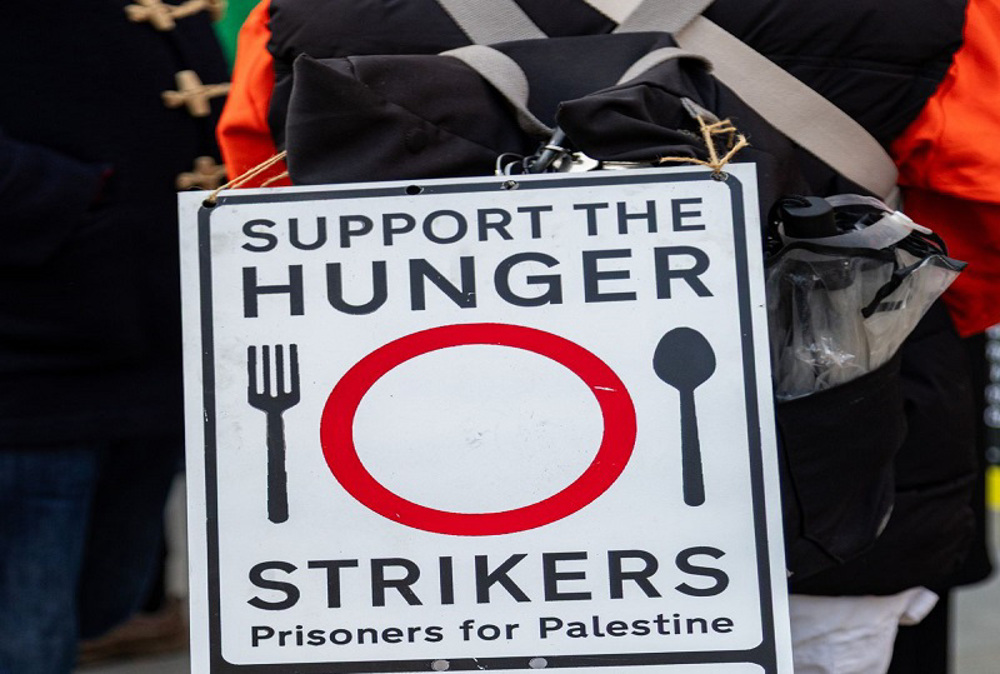British firms linked to human rights abuses overseas
Hundreds of British companies operating abroad may be implicated in various human rights abuses such as forced labor, beatings and environmental damage, a report warns.
The report by the international NGO, the Business and Human Rights Resource Centre on Wednesday said 303 UK-based companies have been contacted by its representatives about allegations of human rights abuses since 2005, with the majority of accusations reported in the Global South.
According to the report, British firms operating within the extractive industry, such as mining and oil and gas, require particularly “urgent attention,” as “these companies are often implicated in some of the most egregious allegations of human rights abuses including displacements, killings, and large-scale pollution.”
Among the reported cases are the British firm Glencore’s conduct in the Democratic Republic of the Congo, where it extracts copper and cobalt among other minerals. Last year, the company was accused of contaminating local communities’ water supplies and forcing child labor. The firm was also linked to brutal beatings and killings by police. Glencore has denied the allegations.

This is while British firms in the fashion industry have been accused of labor rights abuses, such as “forced labor, union busting, poverty wages, and workplace deaths – like the Rana Plaza factory collapse (in Bangladesh) that took the lives of 1,129 workers in 2013.”
Phil Bloomer, director of the Resource Centre, stated that British businesses have a great impact upon communities internationally and the companies should not be “implicated in everything from poverty wages to beatings and killings.”
The center warned that victims of British “corporate abuse” face diminished access to justice, especially since Prime Minister David Cameron’s coalition government introduced in 2012 the Legal Aid, Sentencing and Punishment of Offenders Act. When the legislation came into force, people were not entitled to taxpayer-funded legal aid, and instead, they have to fund their own legal advice, seek help from a charity or represent themselves.
The NGO called on the next British government, due to be installed after the May general election, to “encourage and push companies to respect human rights and ensure abuses do not go unpunished.”
CAH/GHN/HMV
US kidnapping of Venezuela’s president ‘clear instance of state terrorism’: FM
‘Maduro our only president; no empire will rule us’: Venezuela vows resistance after US kidnapping
VIDEO | Press TV's news headlines
VIDEO | US aggression against Venezuela
Iran widens food subsidy coverage amid rising living costs
Gen. Soleimani thwarted US plots in West Asia region, Hezbollah chief says
VIDEO | Thousands gather in Baghdad to honor Soleimani and al Muhandis
Israel abducted 42 Palestinian journalists, including 8 women, in 2025










 This makes it easy to access the Press TV website
This makes it easy to access the Press TV website